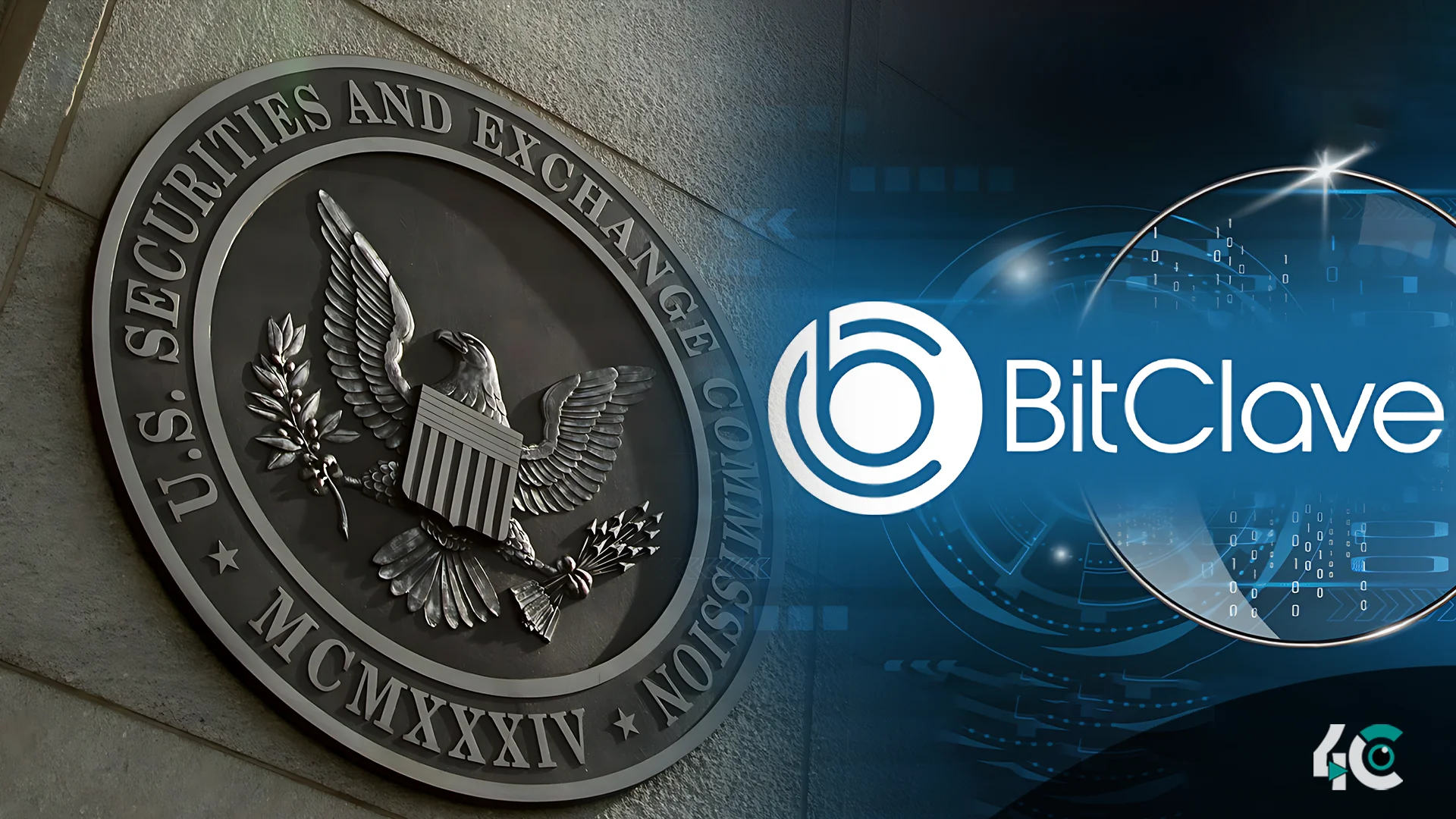Following a settlement reached in 2020, the U.S. Securities and Exchange Commission (SEC) has distributed $4.6 million in reparations to investors who participated in BitClave’s 2017 initial coin offering (ICO). This payment addresses claims against BitClave for failing to register its initial coin offering (ICO) as a securities offering.
The SEC verified on November 20, 2024, that the payments were components of a broader settlement. The SEC charged BitClave, the business that created an Ethereum-based search engine, in 2020 for holding an unregistered initial coin offering. When the search engine sold its Consumer Activity Token (CAT), it raised $25.5 million in just 32 seconds, which sparked accusations that the token was a security. As part of the settlement, BitClave agreed to pay an additional $4 million in fines and return the $25.5 million raised during the initial coin offering (ICO).
BitClave placed the money in the Fair Fund, an escrow account that the SEC has now begun to distribute. Eligible investors can obtain their share through a claims procedure that follows the disbursement.Despite not acknowledging any wrongdoing, BitClave decided to take steps, including burning one billion CAT tokens that were not in circulation and asking exchanges to remove the token from the market.
This settlement reflects the SEC’s ongoing emphasis on overseeing the cryptocurrency industry, particularly in the wake of the 2017 ICO boom.Despite some misunderstandings about the total amount BitClave paid to the settlement fund, the SEC has promised to compensate impacted investors. The SEC’s larger initiatives to ensure that initial coin offerings (ICOs) adhere to securities regulations and protect investors from deceptive schemes include this additional phase.
































